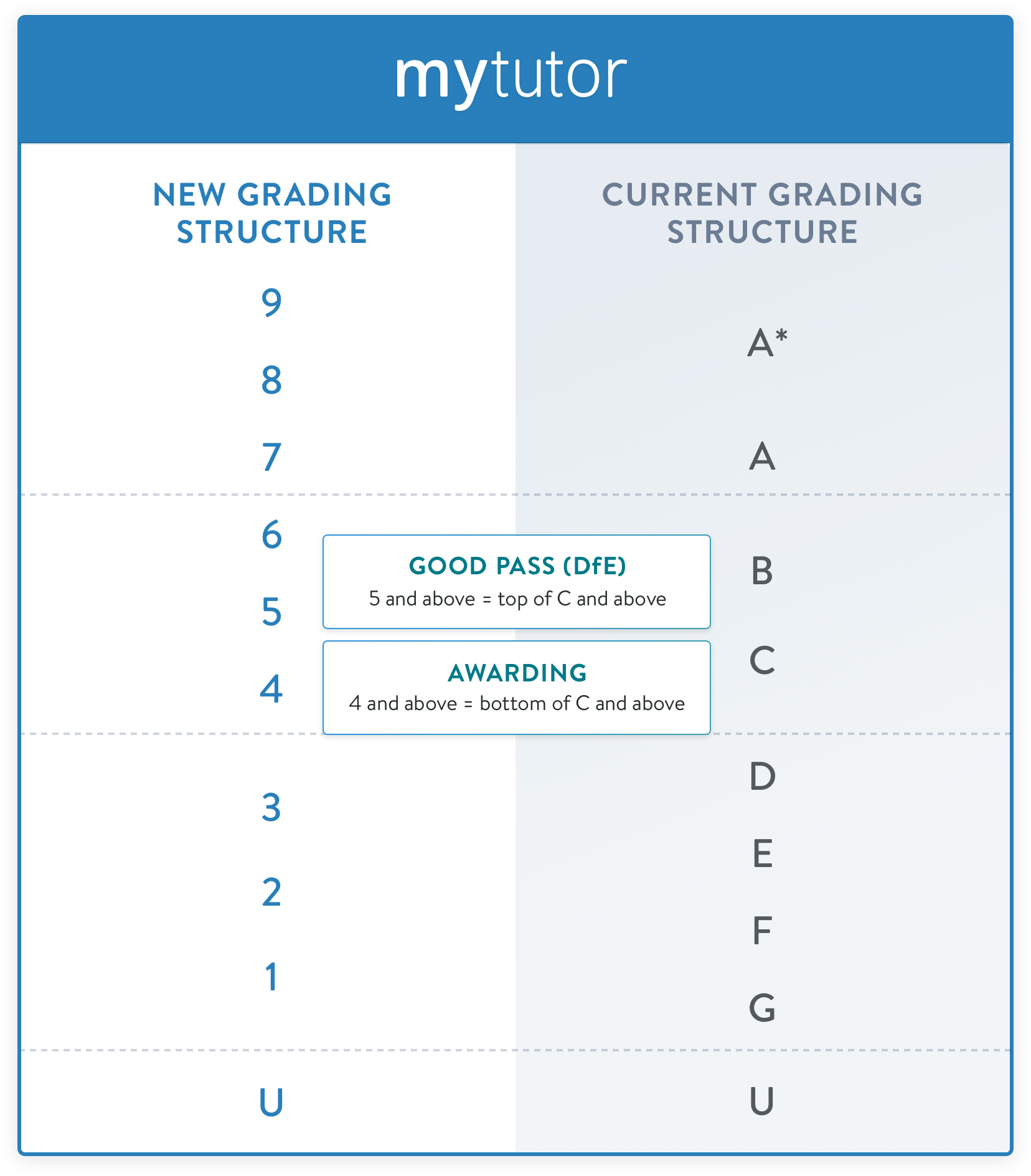You may have heard that GCSEs are changing this summer, but how are they changing? And how will this affect your students?
Why has the government decided to overhaul GCSEs?
Changes to the grading system ultimately aim to better distinguish top students. The syllabus changes will make GCSEs more of a challenge for accomplished students, ensuring that all students learn as much as possible throughout their exam study.
How is the grade system changing, and what will it mean for my students?
GCSEs will now be awarded the grades 9 to 1, with 9 being the highest grade. A ‘9’ will be equivalent to a high A*, while a ‘4’ will be equivalent to a grade C. Because a lower proportion of students will be awarded the grade 9s than were awarded A*s, it will be harder for students to achieve the very top grades (because the A* is effectively being divided into grades ‘8’ and ‘9’).


Which subjects are affected?
All GCSE subjects will eventually be overhauled to match this new format, but the first to be affected are English Language, English Literature and Mathematics (click on the links to see more detail on how each of these will be affected). New teaching begun in September 2015, and the first cohort of students to be examined on the new course will be taking their exams this summer (June 2017).
Next in line is Science; teaching begun for the new course in September 2016, and students will be examined on the new course in June 2018.
All other GCSE subjects will follow, but the exact timings for when the new syllabuses will be implemented hasn’t been confirmed yet.




